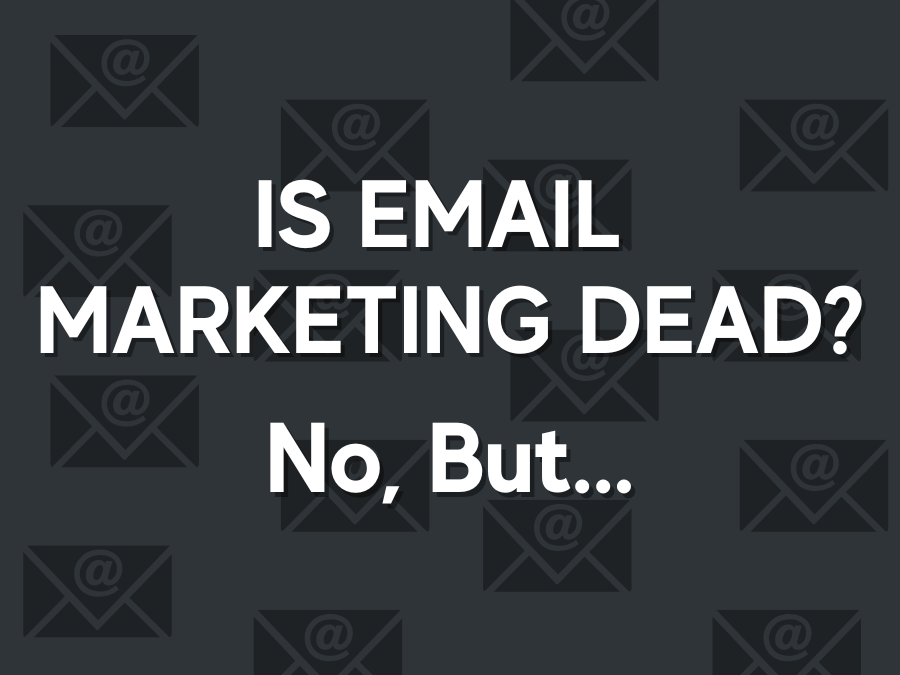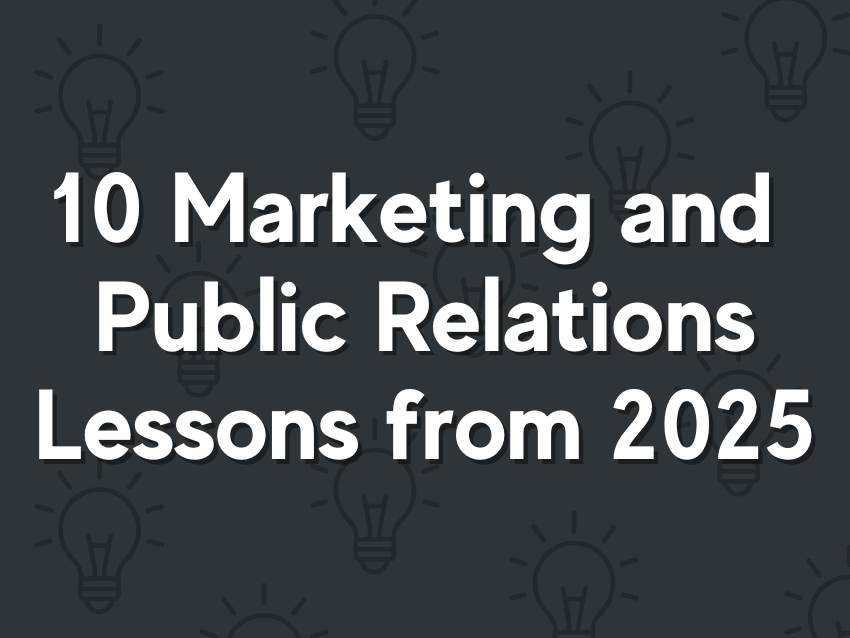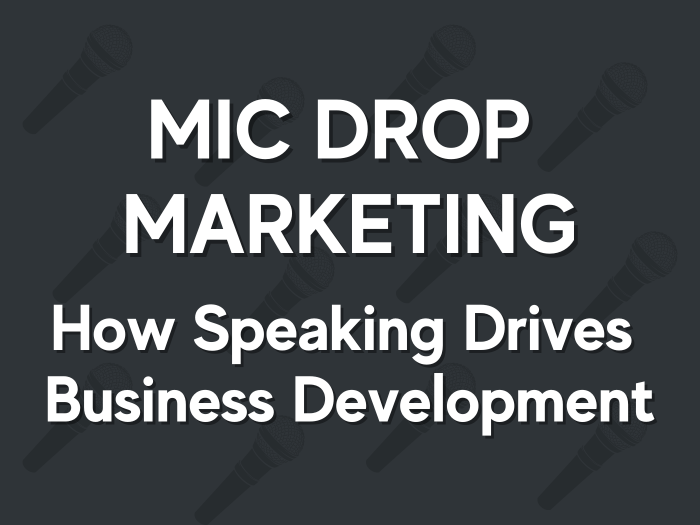The life of a lawyer can feel like a never-ending series of court appearances, deadlines and phone calls — and this constant pressure can easily seep into a lawyer’s personal life and mental health.

But it doesn’t have to be this way says Nate Klemp, co-author of The New York Times bestseller “Start Here: Master the Lifelong Habit of Wellbeing” and co-founder of Life CrossTraining, a company that provides customized coaching designed to help lawyers achieve peak performance. Nate joined the Law Firm Marketing Catalyst podcast to talk about strategies firms can use to help lawyers increase productivity and focus, and prevent burnout. Learn more below.
Get Lawyer Buy-In by Focusing on Facts
Lawyers are trained in the art of skepticism, critique and debate. When it comes to things like mindfulness and meditation, many attorneys have a naturally antagonistic attitude toward them. Although a healthy sense of skepticism can be a good thing, writing off self-care and spiritual practices as nonsense or unnecessary can prevent lawyers from taking care of their mental health.
To get lawyers to buy into these practices, Nate suggests focusing on the scientifically proven benefits they provide, rather than their more “mystical” qualities. There is a huge (and still growing) body of scientific research that has validated many of these ancient practices. An entire facet of psychology, called positive psychology, has developed from it, along with an emergence of neuroscience research on contemplative practices. There have been thousands of studies showing that meditation literally changes the architecture of the brain for enhanced resilience and happiness.
Although some people will always be skeptical and dedicated to their current habits, focusing on the science behind these practices mitigates much of the resistance lawyers have for them. Naturally, everyone wants to be happier, more focused and less stressed. Seeing proof that mindfulness can help us reach these goals makes it easier to carve out time for it.
Address Industry-Wide Issues
Nate works with doctors, consultants and other busy professionals, but he says lawyers are some of the most challenging clients he has, largely because of the way the industry is structured. Law firm billing makes time scarcity a huge issue for virtually every lawyer. It can be very difficult to get a lawyer to dedicate time to their wellbeing, even if they’re interested in it, simply because there’s no time.
Additionally, there is a mentality in the legal field, more so than in other industries, that lawyers should be able to push their way through stress. In medicine, there is a growing awareness of the dangers of burnout, but law firms are still behind the curve.
Thankfully, changes are happening. The American Bar Association recently launched a wellbeing working group, which has issued a seven-point framework and pledge to cultivate greater mental health and address the problem of substance abuse among lawyers. Many major law firms have signed on, which is an encouraging sign that awareness of mental health issues is growing.
Encourage Lawyers to Increase Their Resiliency
Central to Nate’s work is resiliency, which he defines as the set point for dealing with stress, challenge and adversity. If your resiliency set point is very low, you’re going to feel stressed and overwhelmed most of the time, even by the smallest setback or change.
Low resiliency also has professional implications. Constant stress makes it difficult to get anything done at work or in life in general. Someone who is extremely reactive might say things without thinking or erupt into anger, which has real consequences when working with clients and coworkers.
While it may seem as though some people are just wired this way, research on neuroplasticity shows that the brain is malleable, and if we use the right practices, we can change the structure of the brain to increase our resiliency set point. Developing resiliency gives us a larger gap to process triggers before we react. Nate has seen the impact of this firsthand: many of the lawyers he works with report that their levels of stress go down, they are better able to prioritize and manage their time, and they are less reactive when they work with teams.
Make Wellbeing Part of Firm Culture
Resilience is great when people do it on an individual level, but the next step is working it into the entire firm’s culture. Although creating institutional change is more difficult, Nate believes it’s possible through firmwide rituals and habits that encourage a greater sense of wellbeing.
One of Nate’s techniques is the “XT arrival,” which is designed to help attorneys and staff be more present during meetings. Oftentimes, meetings start with people rushing into the room, still finishing the last thing they were working on. Everyone might be there physically, but they aren’t there mentally. To combat this, Nate suggests that everyone take 60 seconds at the beginning of the meeting to do whatever they need to do to become present. That could mean meditating, stretching or hitting send on an email. Whatever people choose to do, it helps create a more focused meeting atmosphere in almost no time.
Another technique is “compassionate email practice.” Most of us have been taught that empathy and kindness are important, but we rarely apply these lessons to email. We often cc people who may not need to be included, and we write tons of emails instead of picking up the phone. As a result, we are suffering from the weight of needless emails, and it takes time away from productive work. Instead, Nate recommends stepping back before hitting send and considering if an email is being sent to the right people, or whether it needs to be sent at all. Implemented across a firm, compassionate email can cut down lawyers’ inboxes by 25 or even 50 percent.
These institutional rituals have an immediate positive effect, but they also have long-term benefits for firm culture and retention. They signal to lawyers that the firm cares about their wellbeing and happiness, and partners aren’t there just to grind associates down. What lawyer wouldn’t want to work at a firm like that?
Click here to download/subscribe to the Law Firm Marketing Catalyst podcast.



